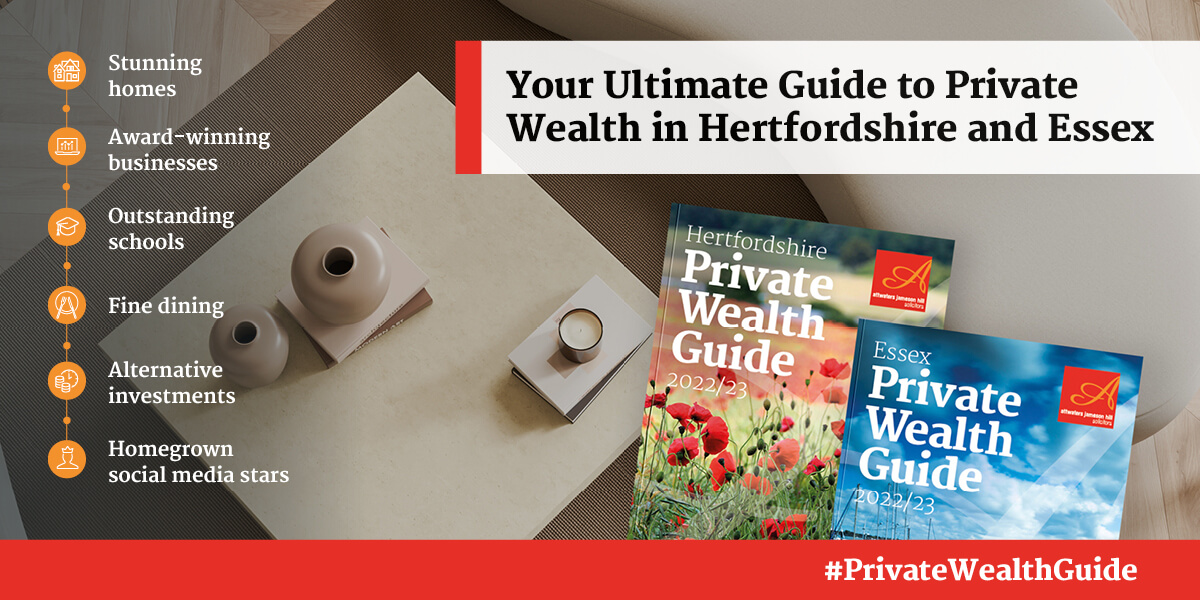Getting through your divorce with less stress
Making the decision to end your relationship is often difficult, stressful and life changing. And that’s before you even commence the process of detangling the life you’ve built together. Depending on your personal circumstances, there are ways to minimise the stress and emotional trauma that divorce and separation can cause. Taking these steps will not only make for a smoother process at an already sad and difficult time, but it will make it easier to maintain an ongoing relationship with your ex-partner in the years to come, which is essential for minimising the long-term stress of your separation – especially if you share care of your children.
Read on to find out our tips for minimising stress and upset when going through a divorce.
Take legal advice as early as possible
Consult a Family Law solicitor as soon as you can after deciding to end your relationship. They will ensure that your best interests are supported and will explore with you the various options for separating from your ex-partner with the minimum stress, expense and hostility. There are risks to attempting to go through your divorce without expert legal guidance. Firstly, at an emotional time, you may not make decisions that benefit you in the long term. Secondly, if there is anger and hostility between you, you may be unable to agree on a fair division of your assets or make arrangements that are best for your children’s wellbeing. Instructing an experienced solicitor means that you will have a neutral party on hand to advise you, who will have your long-term welfare firmly in mind.
Consider non-litigious routes
Films and TV shows would appear to suggest that all divorce cases go through the courts, but this isn’t the case. There are a number of less combative, less expensive (and therefore potentially less stressful) options, including mediation, collaborative law and arbitration – collectively known as alternative dispute resolution (ADR).
Mediation is a way of resolving disagreements between you and your ex-partner by way of a neutral party called a mediator. A mediator does not provide legal advice, but will work to solve any disagreements between you and your ex-partner through reasoned discussion.
Collaborative law requires both parties to appoint a collaboratively trained solicitor, who will attend a series of ‘four-way’ meetings with yourself and your ex-partner. To go down this route, you and your respective lawyers must sign an agreement saying you are committed to resolving your differences without going to court. If you do end up going to court, your collaborative lawyer will be unable to represent you, giving everybody the incentive to make the collaborative route work. Once you come to an agreement, your lawyers will do the work required to make it legally binding.
Arbitration is a way of securing a legally binding decision on your divorce or separation, but with more privacy and flexibility than you would get if you took your case to court. If you are unable to reach an agreement, you and your ex-partner can appoint a family arbitrator, who will have the power to make a final, binding decision about how you split your finances and share the custody of any children.
Look after your mental health
Even if you do everything possible to make your divorce less stressful from a legal perspective, separating from your spouse or partner can wreak havoc on your mental health. Whether it is the thought of losing the home and lifestyle you have come to love, potentially losing full custody of your children, or the prospect of having less money to live on in the future, such a significant life change can be a very stressful adjustment. If you and your ex-partner are still living under the same roof, it can also be stressful if there is tension and hostility between you.
Taking some time every day for self-care, whether this is going for a run, baking with your children, reading a chapter of your book or just sitting and taking a breather for 10 minutes, can help you manage your stress and prevent more serious mental health issues such as severe anxiety and depression. Equally, talking to somebody you trust, whether this is a friend, a relative or your solicitor, can help lighten the burden and put your worries into perspective.
Sympathetic, capable and practical Family Lawyers
With over five decades’ experience across our Family Law team, our solicitors understand the burden that divorce and separation can place on individuals and families – especially during the past few years. We offer a holistic service that covers all the areas of advice you may need, as well as a range of services to support both you and any children in the event of disputes. For supportive Family Lawyers who will listen to your concerns and take the time to explain things in a way you can understand, please do get in touch.





















